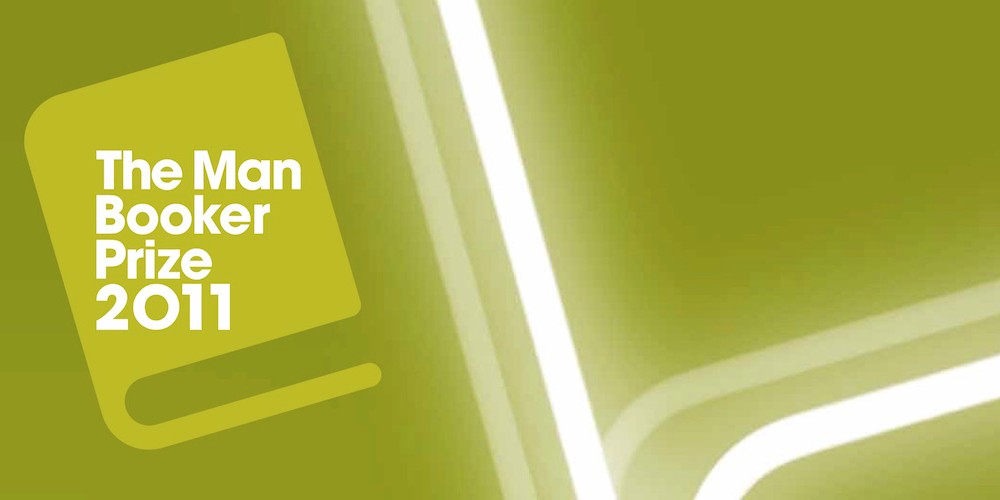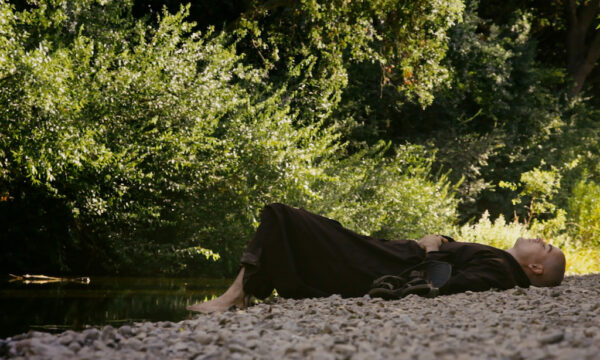Man Booker Prize generates debate over books’ readability

The winner of Britain’s most commercially influential literary award, the Man Booker Prize, will be revealed on Tuesday, October 18th. The timely process (the list of candidates was announced in July 2011) of selecting a novel worthy of the title can be depended upon to provoke controversy amongst the chattering classes. Whilst high-profile snubs and idiosyncratic selections often give a healthy cut and thrust to the Booker rigmarole, this year’s competition has generated debate touching the very soul of the literary prize and its raison d’être.
The Booker has long been derided by the snootier elements of the literary establishment for its commercialism. Prizes of its sort have come in for criticism due to their apparent willingness to whore out works of literature to the supposedly perverting influence of corporate sponsors such as Orange, Costa and the Man Group, in the name of a quick buck or two.
Similarly, these self-appointed guardians of the art resent the Booker’s ability to inflate an author’s readership overnight and the power that bestows upon potentially capricious judges. Times columnist Giles Coren recently said that “chosen not by a standing panel of intellectuals, as most of the world’s great literary prizes are, but by a random gallimaufry of well-meaning middle-class famous names, the Booker is far more likely to side with vacuous and transient novelty and tickle the soft underbelly of passing fashion than make any sort of effort to record genuine literary achievement.”
Nevertheless, the winner of this year’s competition will take home the £50,000 prize money and receive a healthy fillip in his or her sales: since the announcement of the shortlist in early September, the six selected novels have sold more than 40,000 copies. 2009 winner Wolf Hall, by Hilary Mantel, sold an impressive 137,150 copies in the 10 weeks immediately following its win.
Surely such lucrative rewards are not be sniffed at, particularly at a time when so many of us lack the attention span to immerse ourselves in a novel. The answer is not as obvious as it would be comfortable to suggest, and though the snobbery perpetrated by conservative onlookers is unpalatable, this year they may have a point.
In response to the unimpressed reaction to the announcement of the nominated books, 2011 panel judge Susan Hill tweeted on Sept. 2011: “Hurrah! Man Booker judges accused of ‘dumbing down’. They mean our shortlist is readable and enjoyable.” Hill is no literary mug, but her words are cause for alarm. Not the fact that she refutes the suggestion of ‘dumbing down’- after all, there will always be haughty snoots of the ilk mentioned above who will find something to decry and use as evidence the country’s going to hell in a hand basket and they just don’t make them like they used to, et cetera. It is the selection of the words ‘readable’ and ‘enjoyable,’ which ought to raise an eyebrow. It is self evident that their selections have to be readable – literally: able to be read – as it is a literary prize. For a book, likewise that it is enjoyable. Is Hill insinuating that previous shortlists and winners have not been readable or enjoyable? This is what is truly worrying, as it calls into question the kind of novel these judges wish to consider.
Journalist and politician Chris Mullin, one of the judges for this year’s prize, said it was “such a big factor” for him that the novels “had to zip along.” Zip along, sounds like something you might ask of a Dan Brown novel. The Da Vinci Code zips along, no question. That’s fine for a Dan Brown or a John Grisham or any novel you can pick up in an airport and read by a pool. However, this is not the kind of book that should enter the Booker competition. They may be great stories but they lack the ambition of great literary fiction, the willingness to confront the complexities of the human condition and urge the reader to reflect upon their own lives. The Booker prize is supposed to create an opportunity for such works to reach an audience outside of the literature buffs.
Great novels deserve the chance to be read on a popular level; we do not need judging panels turning populist and patronisingly deciding what the British public can and can’t manage. Former head of MI5 Dame Stella Rimington, whose literary credentials run to having spat out a few crime novels with the help of a ghost writer yet is somehow chairperson of the judges, said: “We were looking for enjoyable books. I think they are readable books“. The repetition of Hill’s two idiotic words is bad enough, but the condescension the sentiment expresses towards readers is unforgivable.
There is one stand-out novel on this year’s shortlist, a novel whose victory could immediately arrest fears concerning the Booker’s direction in future. Julian Barnes’ The Sense of an Ending is the bookies’ favourite to take the prize. Barnes has his own chequered history with the prize: nominated three times previously without claiming the honour, he has described the competition as ‘posh bongo’. According to Barnes, when he was nominated for the wonderful Flaubert’s Parrot, a judge told him that they had ‘never heard of this Flaubert chap before I’d read your book.’ Regardless, The Sense of an Ending is a triumph. A supreme literary construct, Barnes explores the imperfections of memory through the contemplations of his retired narrator. Sombre and profound, Barnes’ mastery of the form creates an affecting and compelling account of a life. There is something clinical about the book’s concision: at 150 pages it is almost a novella. Barnes’ prose lacks the bombastic aggression of Martin Amis, arguably his main rival for the title of best British novelist of the 35 years. This book is much the better for it. Where Amis is keen to shove his erudition and outrageous skill down his readers’ throats with every sentence, Barnes is subtle; he is quietly gripping throughout, leading to the tragic and poignant conclusion.
Sir Michael Caine, the late Booker chairman and driving force behind the award during his life, wrote in 1996: “One point on which I have remained adamant is that we have not been seeking, and will not seek, to recognize or create bestsellers. If that was all we wanted, there would be no need of judges. The Jeffery Archers would win.” It would be doing a great disservice to the other five shortlisted authors (Patrick DeWitt; Carol Birch; Esi Edugyan; Stephen Kelman and A.D Miller) to compare them to the disgraced former politician turned crime writer. However, the rhetoric coming from this year’s judges is worrying for those who care about literary fiction and The Booker Prize. The judges, though certainly undersold as ‘well meaning middle-class famous names,’ are hardly English scholars. They can, however, immediately redeem themselves by finally handing Julian Barnes the prize. It is worth noting, though, that Barnes’ reputation is assured, his success undoubted and his career already peppered with prestigious international awards. At a time when the prize’s reputation could well be called into question, it may be that the Booker needs Barnes more than Barnes needs the Booker.
Alex Corcos




















Facebook
Twitter
Instagram
YouTube
RSS